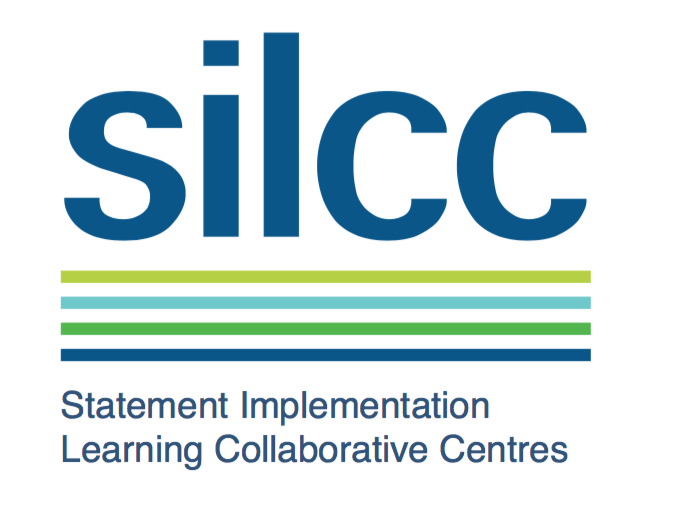EU Monitor- Celebrate EAHP’s 25th Congress anniversary!
The EAHP EU Monitor is a regular round up of news relevant to hospital pharmacy in Europe.
You can subscribe to receive the EAHP EU Monitor by email HERE.
Celebrate EAHP’s 25th Congress anniversary in Gothenburg!
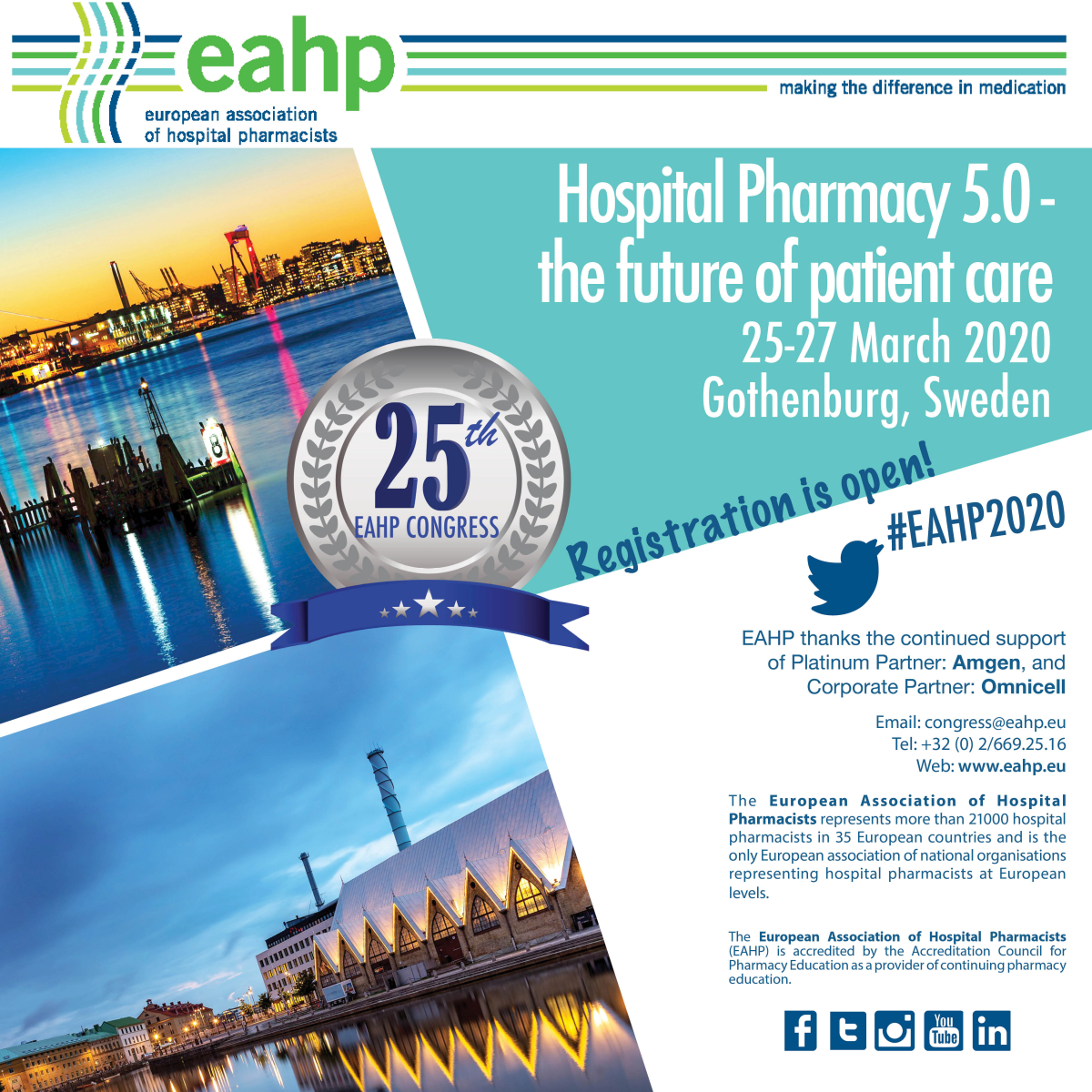
The European Association of Hospital Pharmacists (EAHP) cordially invites hospital pharmacists and other interested healthcare professionals to join the Association’s 25th Congress. Between 25th and 27th of March 2020, the celebration of EAHP’s silver jubilee will bring together hospital pharmacy professionals from all over the world in Gothenburg, Sweden.
To commemorate this special occasion, the Scientific Committee of EAHP has prepared an exciting programme touching upon the future of the profession. Under the main headline "Hospital Pharmacy 5.0 – the future of patient care", experts will share the latest advances in technologies that will shape the way how pharmaceutical care in hospitals will be delivered in the upcoming decades. By joining EAHP’s anniversary congress, participants will be able to attend keynotes, seminars and workshops focused on artificial intelligence, mHealth, 3D printing, personalised medicine and other subjects that will influence the work of hospital pharmacists towards the optimal outcomes for patients.
In addition to Congress registration the abstract submission has opened. Hospital pharmacists can put forward their abstracts by 15th October 2019. Original contributions from all fields of hospital pharmacy are welcomed for poster presentation. The poster award nominees will be determined in November 2019 and provided with the opportunity to give an oral presentation during the 25th EAHP Congress.
Follow us on Twitter, Facebook and LinkedIn to stay up-to-date with the latest news from #EAHP2020!
Register HERE
Learn more about the abstract submission process HERE
EAHP Open Learning: Improve your knowledge on medicines shortages and TDM

At the end of July, EAHP has released two intensive courses on medicines shortages and therapeutic drug monitoring (TDM) as part of its online learning environment. Both modules aim at supporting the development of the hospital pharmacy profession within Europe in order to ensure the continuous improvement of care and outcomes for patients in the hospital setting.
The 5 hour module “Medicines shortages: Causation and approaches to improvements” discloses and unravels restrictive legal, economic, or organisational frameworks and routines as well as erroneous incentives in the supply chain. In addition, it provides participants with tools to acquire knowledge about first integral resolutions approaches and to identify coping strategies. “Therapeutic drug monitoring as a tool for therapy optimisation” is a 3 ½ hours intensive course which one the one hand provides participants with the knowledge to recognise characteristics of drugs that make them good candidates for TDM. On the other hand, it shares insights to better understand the factors that may affect measured concentrations, it lists and discusses the importance of information needed when requesting drug concentration and it helps to adjust dose based on TDM.
Access all of EAHP open learning courses HERE
EAHP partners with ClimateCare
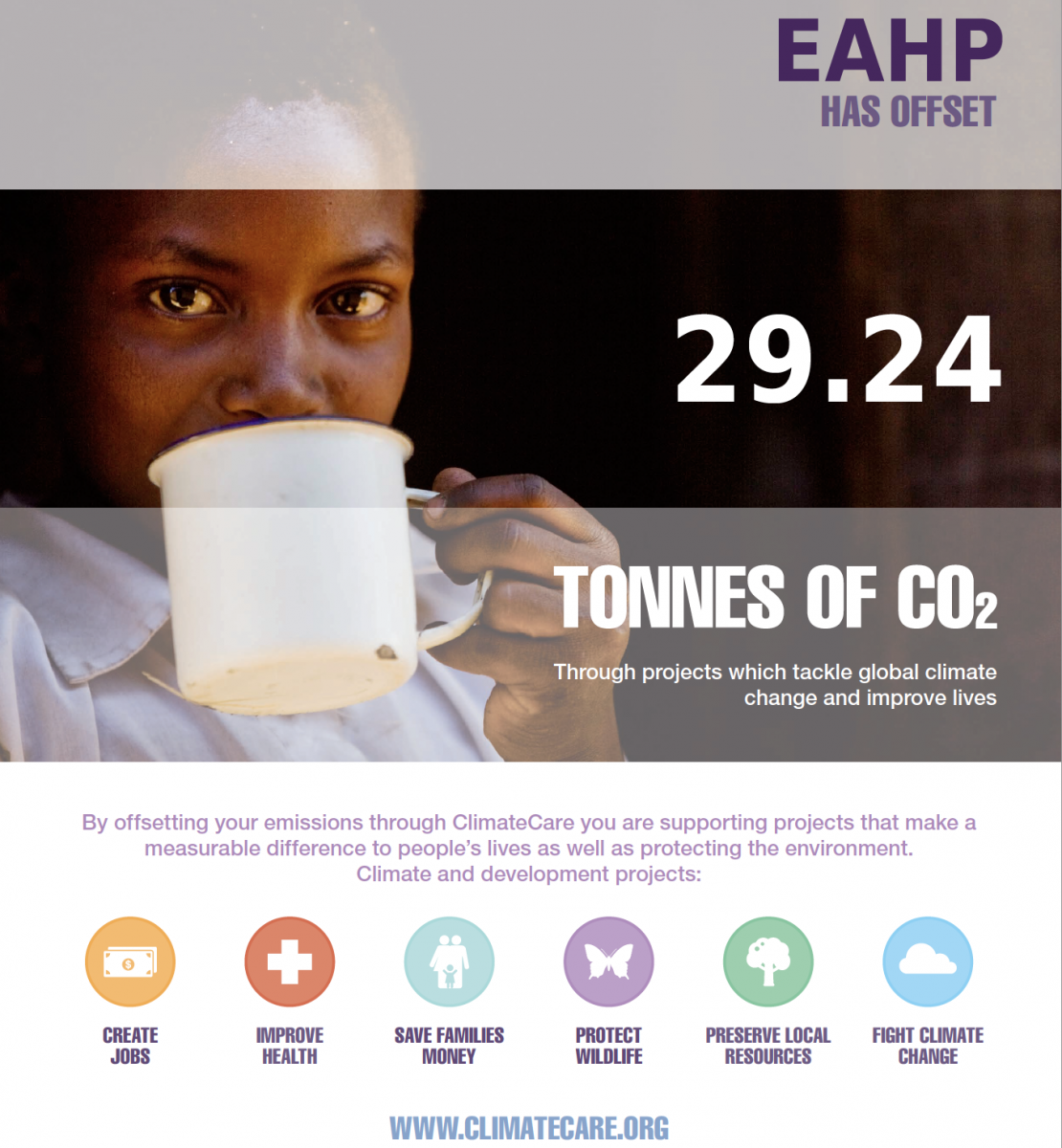
EAHP has joined forces with climate and sustainable development experts from ClimateCare to offset the carbon emissions associated with the air travel of the Association’s Board members to and from Board meetings. Through projects which tackle global climate change and improve lives, EAHP has offset 29.24 tonnes of CO2.
By offsetting emissions through ClimateCare, EAHP is supporting projects that make a measurable difference to people’s lives. The LifeStraw Carbon For Water project relies on finance from offsetting to deliver safe water to 4 million people in Kenya. It was the first project to link water provision with carbon credits at scale and has been recognised by the United Nations. The Gyapa Stoves project supports local entrepreneurs to manufacture and distribute safe, efficient cookstoves to households in Ghana. Run on the ground by our partners Relief International, the Gyapa stove cuts charcoal use by up to 50%, saving families money and reducing harmful smoke emissions.
Find out more about ClimateCare HERE
Join the FIP Regional Conference for the European Region
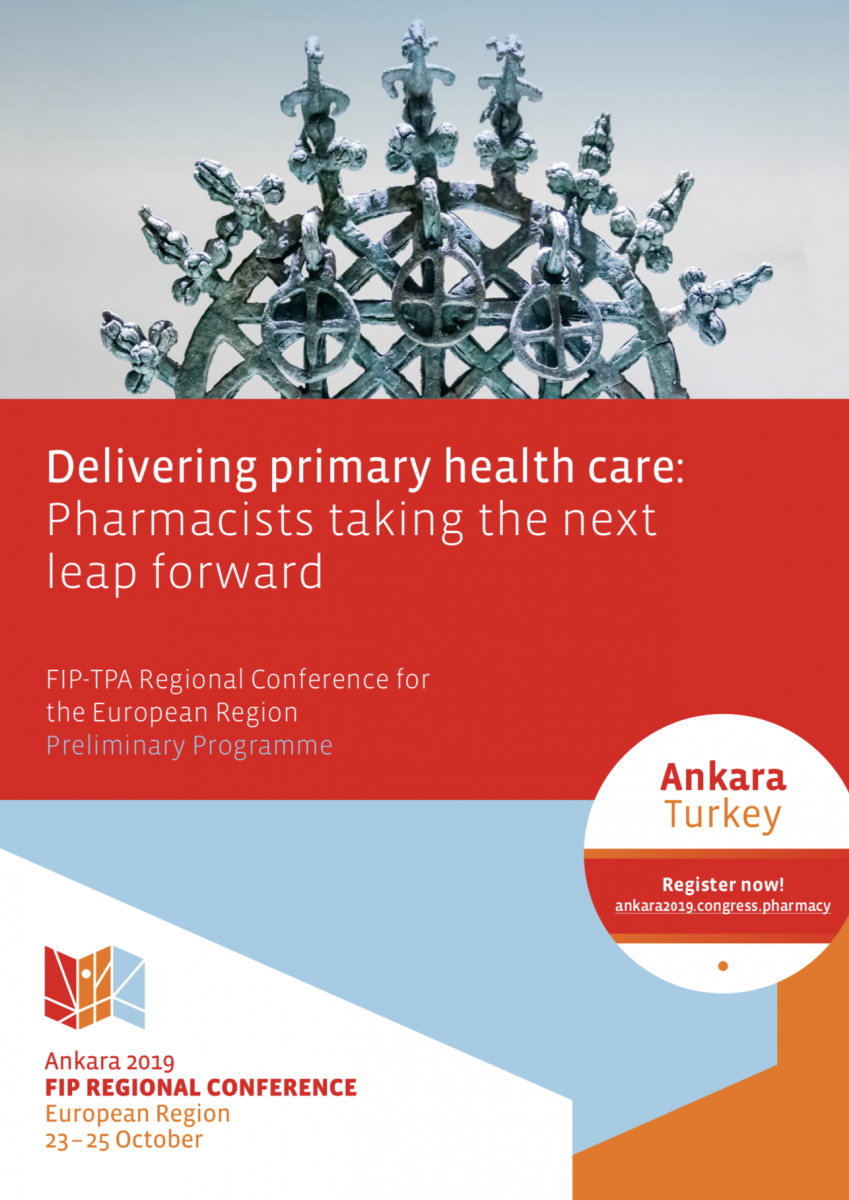
From 23rd to 25th October 2019, the International Pharmaceutical Federation (FIP) and the Turkish Pharmacists’ Association are going to gather key pharmacy stakeholders, leaders and partners from Europe and beyond in Ankara, Turkey for the Regional Conference for the European Region.
Building on its successful Regional Conference for the Eastern Mediterranean Region in April, FIP is continuing to implement the World Health Organization Declaration of Astana on primary health care, with the ultimate goal of achieving universal health coverage. Under the theme “Delivering primary health care: Pharmacists taking the next leap forward” pharmacists will embark together on a journey towards healthier populations through stronger primary health care with advanced pharmaceutical services, leaving no one behind. The 3-day programme foresees a mix of plenary sessions, workshops and forums during which experts will share their experiences in order to optimise future pharmacy and position pharmacists as one of the most effective providers of primary health care. Registration will open in early September.
For more information, visit the conference website HERE
Medical Devices – new factsheet on UDIs
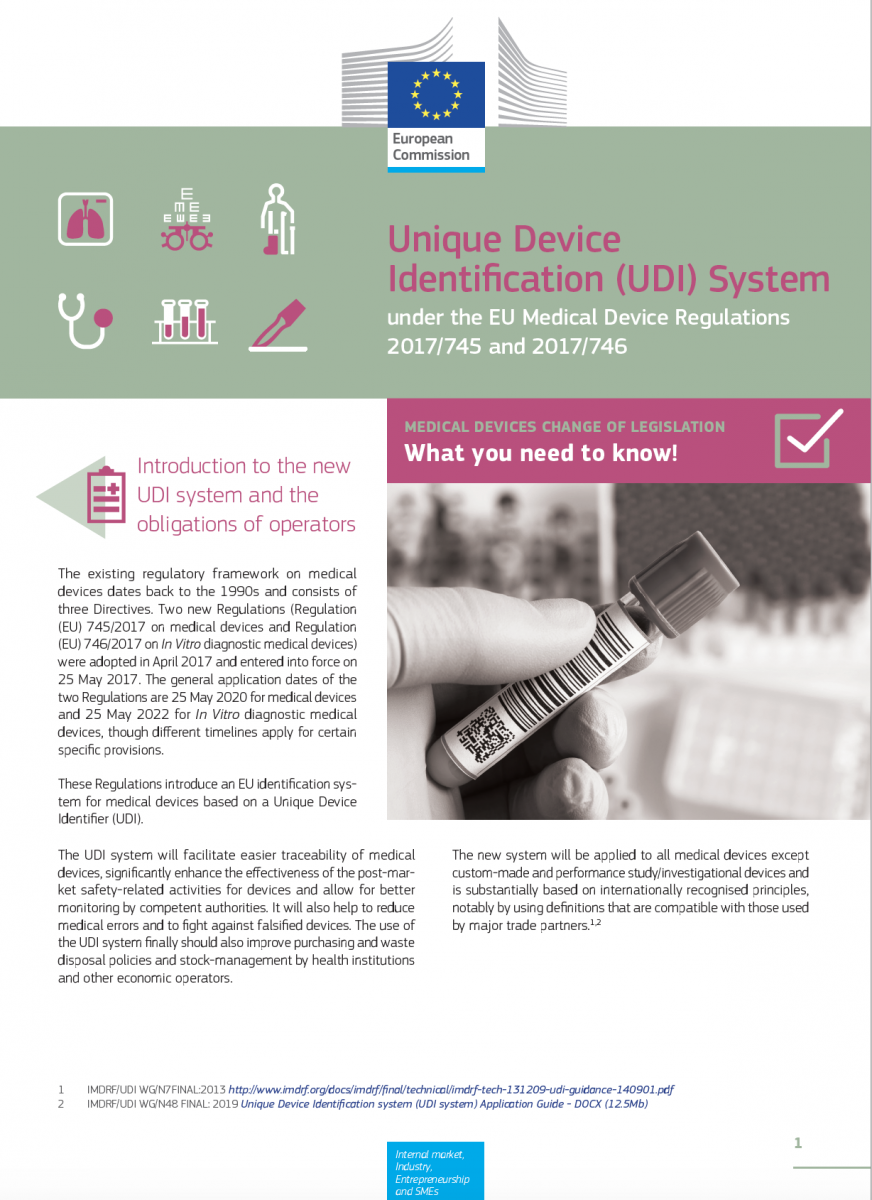 The European Commission has released a new factsheet on the Unique Device Identification (UDI) System which is being introduced under the new EU Medical Device Regulations that will enter into force in May 2020 and May 2022 respectively. The factsheet contains frequently asked questions and answers that address both manufactures and distributors of medical devices as well as economic operators and health institutions using medical devices.
The European Commission has released a new factsheet on the Unique Device Identification (UDI) System which is being introduced under the new EU Medical Device Regulations that will enter into force in May 2020 and May 2022 respectively. The factsheet contains frequently asked questions and answers that address both manufactures and distributors of medical devices as well as economic operators and health institutions using medical devices.
Access the factsheet HERE
Updates from EMA
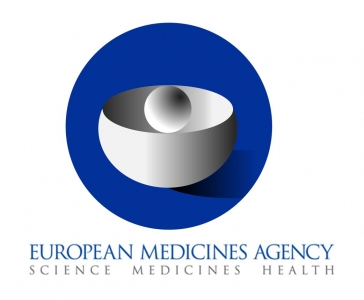
The European Medicines Agency (EMA) released a communication on the updated restrictions for Gilenya as well as information on new measures to avoid potentially fatal dosing errors with methotrexate for inflammatory diseases.
Updated restriction for Gilenya: multiple sclerosis medicine not to be used in pregnancy
EMA has recommended that the multiple sclerosis medicine Gilenya (fingolimod) must not be used in pregnant women and in women able to have children who are not using effective contraception. If a woman becomes pregnant while using Gilenya, the medicine must be stopped and the pregnancy will have to be closely monitored. This is because the active substance in Gilenya, fingolimod, can harm the unborn baby and may cause birth defects.
To minimise this risk, women able to have children must have a pregnancy test before starting treatment with Gilenya to ensure they are not pregnant, and must use effective contraception during treatment and for two months after stopping the medicine.
These recommendations follow a review triggered by reports suggesting that the risk of birth defects in infants who have been exposed to Gilenya during pregnancy is twice as high as the 2 to 3% risk observed in the general population. The most frequently reported birth defects in infants exposed to Gilenya were those affecting the heart, kidneys, bones and muscles.
More information available HERE
New measures to avoid potentially fatal dosing errors with methotrexate for inflammatory diseases
EMA has recommended new measures to prevent serious and potentially fatal errors with the dosing of methotrexate for treating inflammatory diseases such as rheumatoid arthritis, psoriasis and Crohn’s disease. The recommendations result from a review of reports that patients are using methotrexate incorrectly despite previous measures to prevent errors.
For inflammatory conditions, methotrexate must be used just once a week. Using methotrexate more frequently than intended can result in serious side effects. The review found that the error in dosing frequency can occur at any step from prescribing the medicine to the patient taking it.
The new measures to prevent errors include restricting who can prescribe these medicines, making warnings on the packaging more prominent and providing educational materials for patients and healthcare professionals. In addition, to help patients follow the once-weekly dosing, methotrexate tablets will be provided in blister packs and not in bottles (or tubes). The measures were agreed after consultation with patients and healthcare professionals.
More information available HERE
EJHP: Improving the aseptic transfer procedures in hospital pharmacies
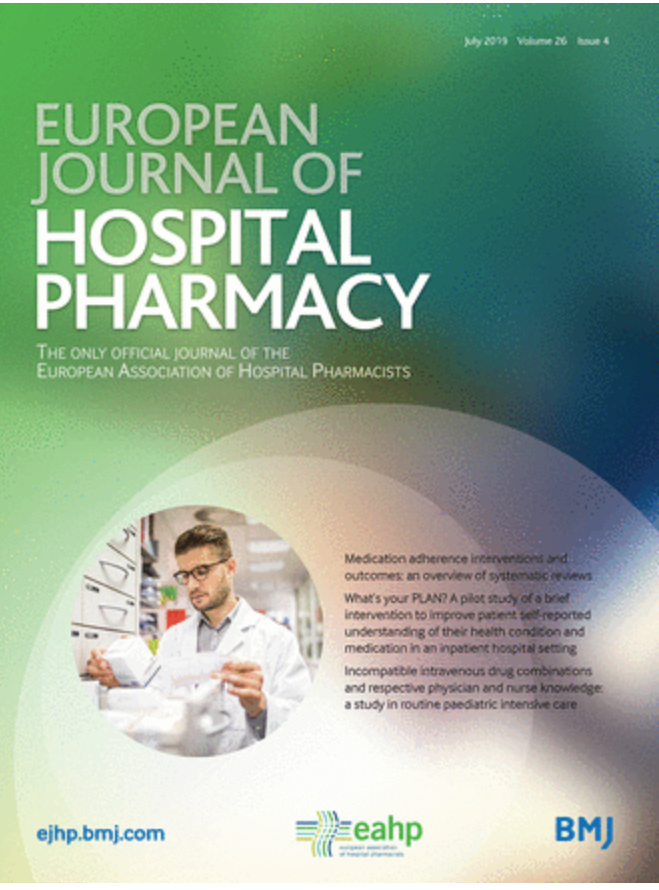
This original article which has been published in the online first edition of the European Journal of Hospital Pharmacy (EJHP) evaluates disinfection methods for materials with a non-sterile surface. It concluded that local disinfection procedures can be improved. Complete removal of micro-organisms from materials with a non-sterile surface, even after two-step TT disinfection, is impossible. Routine surface bioburden determinations have to prove if one-step two-towel technique disinfection is effective enough.
Access the article HERE
Take your SAT!
Have you already heard about EAHP’s self-assessment tool (SAT)? The SAT allows hospital pharmacists to assess the level of implementation of the Statements within their hospitals. It also provides the means for hospital pharmacists and other healthcare professionals to address areas needing improvement with the help of a tailor-made action plan and a broad range of evidence-based resources. Progress can be tracked by individual hospital pharmacies as the assessment can be updated at any time. The tool has been made available in 12 European language to facilitate the use by hospital pharmacists all across Europe. If you have not taken your SAT, put aside some time this summer to complete it! Access SAT HERE
------------------------------------------------------------------------------------------------

Consultations
EMA: Guideline on the quality requirements for drug-device combinations
The guideline addresses the new obligations in Regulation (EU) 2017/745 on medical devices, in particular the requirements under Article 117. This article foresees that the marketing authorisation application should include a CE (Conformité Européenne) certificate or declaration of conformity for the device or, in certain cases, an opinion from a notified body (NB) on the conformity of the device.
Deadline – 31st August 2019
Access consultation HERE
EC – Horizon Europe Consultation
The European Commission has launched an online consultation on the strategic priorities of Horizon Europe, EU’s next framework programme for research and innovation. The results of the consultation will inform the work on the Strategic Plan that will put forward the policy priorities and targeted impacts of the investments for the first four years of implementation of Horizon Europe (2021-2024). The Strategic Plan will guide the work programmes and calls for proposals for this first period.
Deadline – 8th September 2019
Access consultation HERE
IAEG-SDGs: 2020 Comprehensive Review
The Inter-Agency and Expert Group on Sustainable Development goal Indicators (IAEG-SDGs) is conducting an open consultation on proposals it is considering as possibly including in the 2020 Comprehensive Review and is seeking the global community's comments on these proposals. Based on the input received, refinements, revisions, replacements, additions and deletions will be proposed to the 51st session of the United Nations Statistical Commission in March 2020 for its consideration.
Deadline – 8th September 2019
Access consultation HERE

